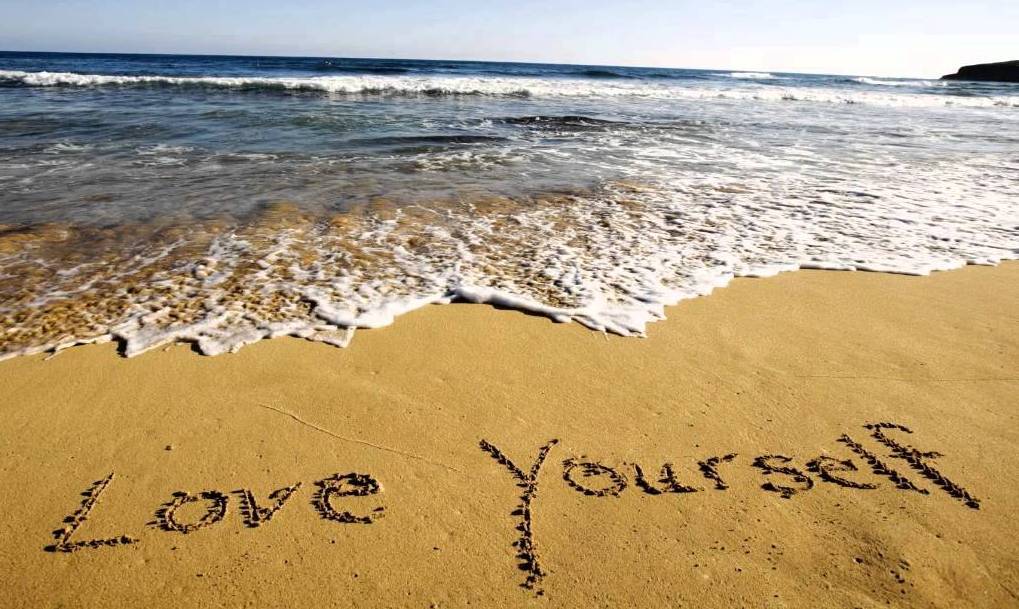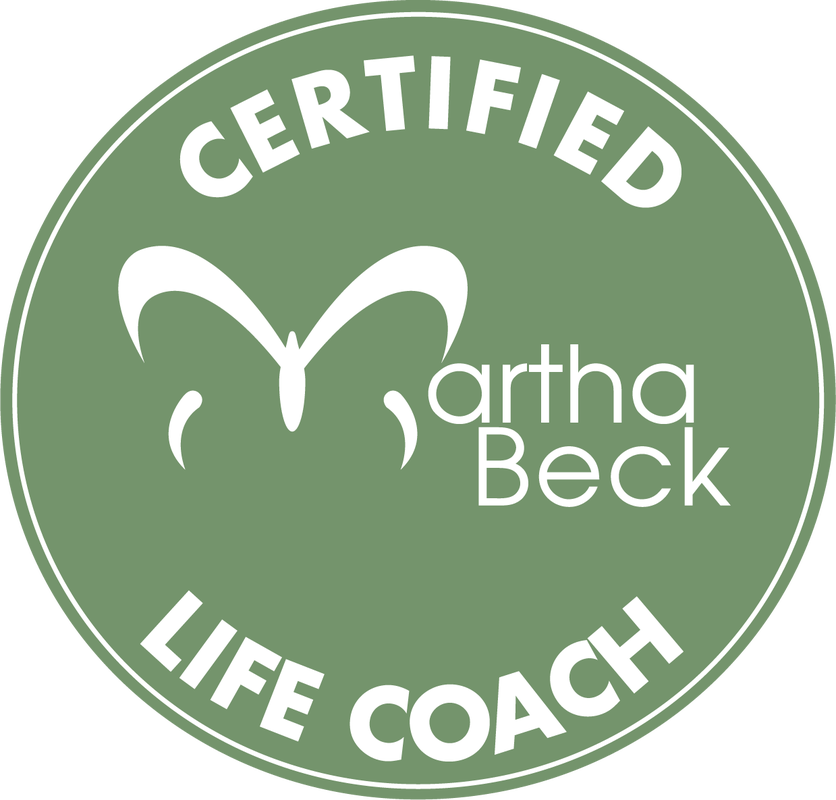 Intro music: “Be Good To Yourself” by Journey I was recently made aware of a Ted Talk by a woman named Anita Moorjani. Anita died of cancer and then came back to life! She said her death experience taught her some very important things, in her Ted Talk she lists the 5 most important things she learned: 1. Love Yourself / 2.Life Life Fearlessly / 3.Laugh and have FUN / 4. Life is a Gift – even the challenges are a gift / 5.Always Be Yourself – Shine Your Light. What I’d like to do is dive deeper into each of the 5 things Anita Moorjani lists as her most important lessons from dying. So today let’s dig into Learning to Love Yourself. Please observe your “stance” through this discussion. There may be ideas here that run counter to where you currently are in the process of learning to love yourself and that will bring up resistance in you. You’ll try to tell yourself the idea is “wrong” and dismiss it. You can do that if you wish. My request is that you notice when those feelings come up. If you feel confused – that is AWESOME! That means you are on the verge of a breakthrough!!! We all have some feelings about ourselves that are less than loving. What most of us do when we feel these negative thoughts about ourselves is we try to resist them. “I shouldn’t feel this way”, “I ought to bla-bla-bla” You gotta feel your feelings – even the ones you deem “wrong” or “bad”. Here is what you actually need to do when you think unloving thoughts about yourself – you need to love yourself for feeling or thinking those things and allow yourself to feel them intensely. Don’t conceptualize about them in your mind – FEEL them in your body, to the max. Resistance keeps life painful and complicated. Eg: having a feeling like fear, we immediately tense up against it and try to make it go away. When you drop your stance of resistance and feel your feelings – you can totally connect with yourself. Feelings felt, actually pass rather quickly – like a thunderstorm. When we resist we lose our direct relationship with life – makes it pretty hard to come from a place of love. This is so important to keep in the forefront – learning to love yourself is not like something you get certified in and then you never have to learn it again! You will remember to love yourself for a moment and then you will forget. Then remember again only to forget again and remember. You’ll do this millions of times. It really doesn't matter, because the big transformation takes place in the moment you become WILLING to love yourself. When you are unwilling to experience something, you become dense and contracted When you become willing to experience it, you will open and expand. We’ll talk more about what experience is and what it’s not in a bit. Often we have a belief that it’s wrong to love ourselves or have self-esteem. Here’s the deal… being conceited is an effort to convince others that you are lovable after you have decided you are deeply UNlovable. If you really know you are loveable, you give off a natural sense of well-being that needs no advertising. When you feel UNloveable you work extra hard to give off the appearance that you are OK. This extra effort is what gives conceit its tackiness. For most of us it’s hard to know whether or not we truly love and accept ourselves or if we just think we do. So here are a couple of indictors that you don’t love yourself: • Sign#1 You run yourself ragged trying to be everything to everyone. Someone gives you a last minute request, and you always do it, even if it means you give up your workout or something you wanted to do. You say “yes” even when you don’t have the time, energy or desire because you don’t want to disappoint people that count on you. You think the problem is you’re not organized enough, that you don’t set good boundaries, there’s just not enough time – actually that’s not the problem at all. The problem is you don’t love yourself, so you are always trying to prove something to someone. The real problem and why so many of us feel chronically unhappy in our lives is related to how we really feel about OURSELVES. • Sign #2 You never really feel like you’re enough. Some examples: You may feel that people don’t respect you, don’t understand you, that sinking feeling you get when your partner seems distant emotionally, you fear being abandoned, fired, rejected, you can’t handle criticism, you second guess yourself endlessly, “Am I a bad parent?” ,“Did I do the right thing?”, you’re never happy with the way your body looks or how you feel so you give up on the habits that can really make a difference to your health, you are critical of others. You may think these are all results of something outside yourself but in fact, they are symptoms of a greater problem - not loving yourself. In relationships not loving yourself shows up in many ways as well… Blaming the other person for all the issues in your life and relationship, You keep having the same problems over and over, You think all the issues in your relationship are due to your partner; “If he would only…”, If she would just…” You think you are just with the wrong person. The heck of it is, starting over won’t solve anything until you learn the lesson. In fact, you’ll probably have the same problem again – just with a different person. So let’s get into the HOW of loving yourself. Don’t panic! It’s not a 20 step process! There is nothing that really needs to be done in learning to love ourselves other than being WILLING to love ourselves. We have spent so many years being unwilling that to simply turn it around and be willing to love sets in motion a tide of energy that will carry you along. • Own it - Love is the same thing as accepting the truth. When we have something about ourselves that we have not loved, it’s like the truth we have not fully accepted. This is dropping your resistance. So being willing to love yourself and accepting or owning who you are is all that is required to remember how to love yourself. The mistake most of us make in loving ourselves is we treat love as an intellectual exercise. Something we SHOULD do. This stems from our inability to see that it is something we can do effortlessly. So if loving ourselves isn’t an intellectual thing – what is it??? It’s an EXPERIENCE. noun – the act of living through an event or events; personal involvement in or observation of events as they occur as a verb: to undergo, to feel, to meet with, to encounter We become pretty skilled at avoiding experiencing life. This part may take some time for you to marinate with the idea, Believing is not the same as EXPERIENCING. Believing that you should love yourself is not the same as feeling it. Deciding to love yourself – not the same as EXPERIENCING loving yourself. There actually is not choice in this that needs a decision. Loving yourself if a must. Decisions are mind stuff, loving yourself is HEART stuff and it goes way beyond the minds limits. Hoping to love yourself, again not the same as EXPERIENCING it. Hoping that a thing will be different almost insures that it won’t change. For things to change and grow they need space. What an EXPERIENCE is: Being WILLING to be the source of love for yourself and others. To personally experience loving you. IF you want to change, you have to be WILLING to get uncomfortable. Period. An Experience is also – ACCEPTING. Here is a way to think about accepting…To get out of the mud, first we must accept that we are stuck in the mud. Hoping you aren’t stuck won’t help, nor will wishing, believing, deciding or being reasonable about it. To acknowledge that you are stuck in the mud has power, because it leads to other key questions. How stuck am I? How can I get out? Do I need help or can I do it myself? What can this experience teach me about living? So much energy goes into pretending to ourselves and others that we are NOT stuck in the mud that we spin our wheels furiously. It’s never fun to look out your window of your car and see that you are up to your hubs in mud. It must be done though. The alternative to shut our eyes and hope the mud will go away, only works for a while. Outro music: “Feeling Good” by Jennifer Hudson
2 Comments
2/6/2023 10:02:11 am
Thanks for sharing the article, and more importantly, your personal experience of mindfully using our emotions as data about our inner state and knowing when it’s better to de-escalate by taking a time out are great tools. Appreciate you reading and sharing your story since I can certainly relate and I think others can to
Reply
2/6/2023 10:02:43 am
Thanks for sharing the article, and more importantly, your personal experience of mindfully using our emotions as data about our inner state and knowing when it’s better to de-escalate by taking a time out are great tools. Appreciate you reading and sharing your story since I can certainly relate and I think others can to
Reply
Leave a Reply. |
Sandy Edie HansenI use this space to "Chat" about things I am working through and learning in my life currently. Join me! Archives
September 2022
Categories |
Proudly powered by Weebly

